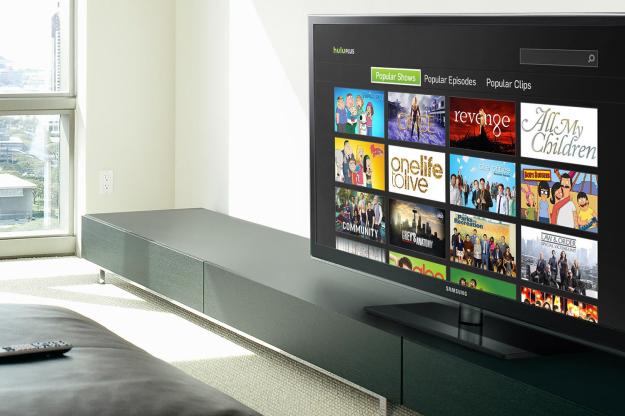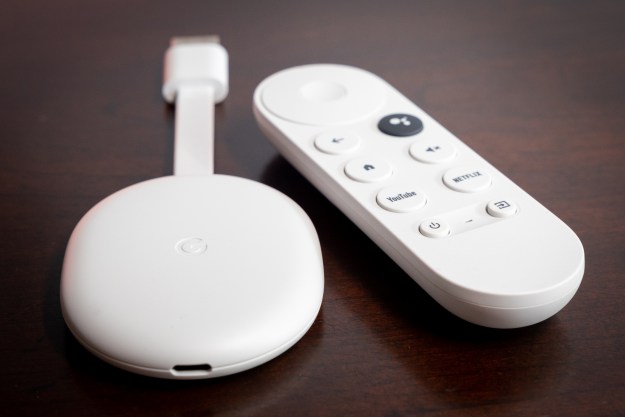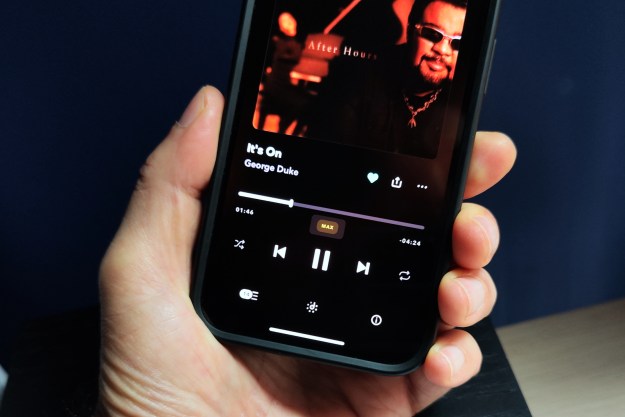
Hulu will not be sold after all. According to a recent statement, the three co-owners of the popular streaming video site have decided to pull the plug on the planned sale and, instead, infuse Hulu with $750 million in capital to support future growth. In the statement, Walt Disney CEO Robert A. Iger said “Hulu has emerged as one of the most consumer friendly, technologically innovative viewing platforms in the digital era. As its evolution continues, Disney and its partners are committing resources to enable Hulu to achieve its maximum potential.”
Hulu fans ought to be jumping in the streets right now, except it’s a good bet few of them had any idea just how close Hulu was to complete destruction in the first place. To put it all in perspective, here’s what would have happened if a
Flash back to Tuesday, when we learned that Guggenheim Digital Media was cast out of the Hulu bidding process. That meant that in as little as two weeks, DirecTV or AT&T/Chernin Group would have become the new owner of Hulu. If that had happened, we’d have all been kissing
When you take a step back and think about it, it’s amazing that Hulu came into existence at all. Big Media created it. And Big Media almost destroyed it, because that’s what it does best: make something awesome, then, slowly but surely, ruin it. But, it would seem,
The very best case post-sale scenario would have seen Hulu’s current owners charge the bejeezus out of the new owners for maybe some of the shows Hulu currently offers…
But if the Hulu sale had gone through, it would have gone to a company that doesn’t make content, but is limited to delivering it. We’re talking about DirecTV and AT&T, two companies that own media delivery pipelines and already pay for the movies and TV shows they deliver to their customers. A
The very best case post-sale scenario would have seen Hulu’s current owners charge the bejeezus out of the new owners for maybe some of the shows Hulu currently offers, with
Either way, it would have been a huge debacle, and all because Big Media is deeply entrenched in its current business model and still hasn’t figured out how to make a smooth transition to a new paradigm where consumers get what they want, when they want it, while corporations still make their money.
If you’re an executive at NBC, your bonus check (or, job) rides on selling gobs of advertising space at a premium by using existing ratings metrics that reveal how many eyes will see the ads you run. Dipping your toe in the Internet pool by trying out something like Hulu works because you have all the control over when those shows hit the Internet, and you can charge a fee when they do. As soon as you let go of that control, you let go of the guarantee that you can pull down the same ad revenue numbers; and that bonus check.

For the past couple of months, a bunch of fat cats in tall, NYC skyscrapers sat in offices double the size of your apartment with gigantic gold dollar signs in their eyes. They had built a wildly successful Internet portal for their hot TV shows, and they were about to sell it off so that someone else could do the dirty Internet work while they raked in the cash with licensing deals. But therein lies the rub: Those pesky licensing deals were a point of contention, and wound up nuking the deal.
Hulu is nothing without the popular shows it offers, and the fact that much of the shows on the site can be viewed just one day after it airs. Naturally,
You, dear Hulu lovers, were spared the pain of watching the site you’ve grown to love from being reduced to a stinking pile of networks’ sloppy seconds because – dig this – the networks were a little too greedy.
So what does all the cash going into Hulu mean for the future of the site? Hopefully it means a bigger, badder, more robust




